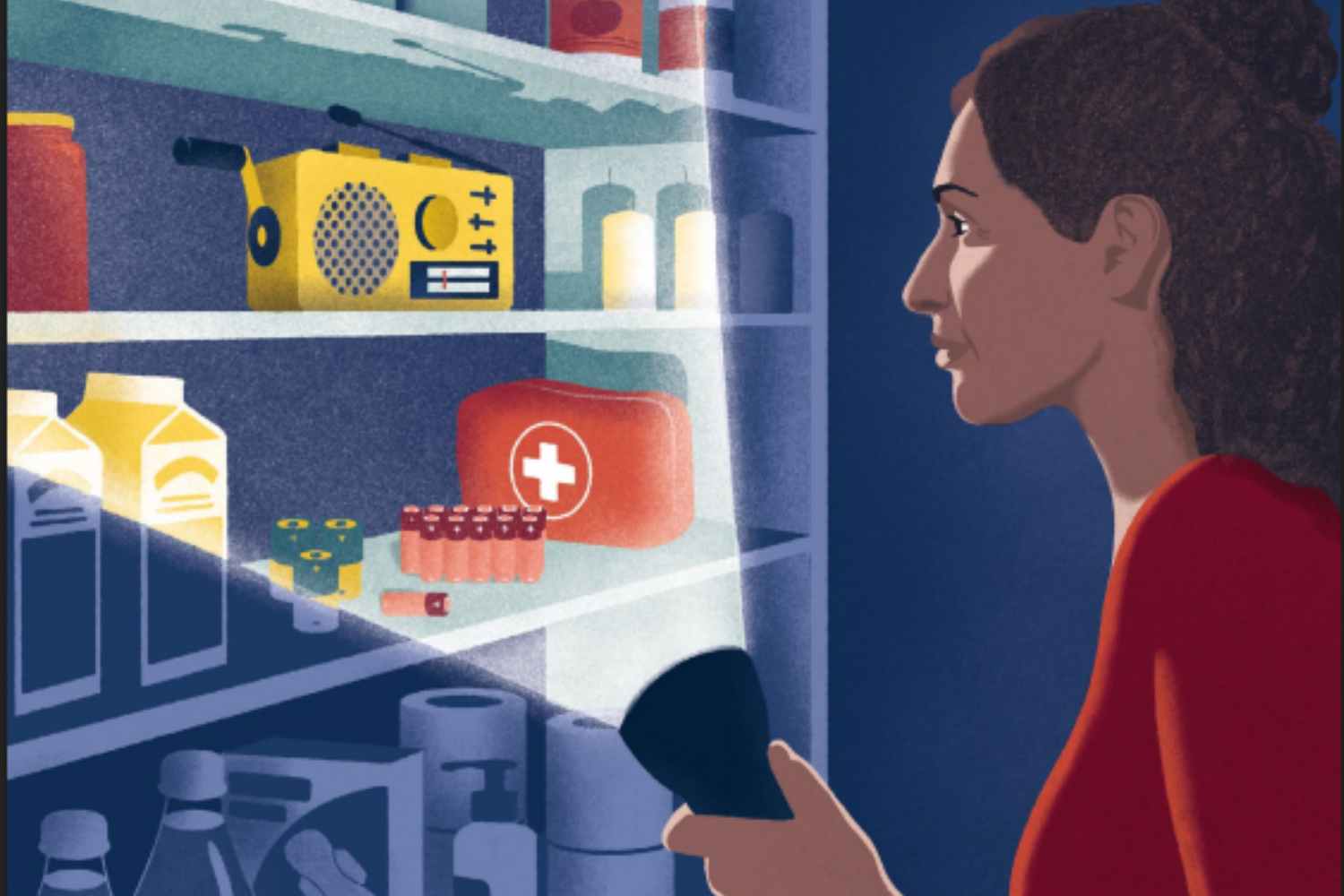Germany's Federal Office of Civil Protection and Disaster Assistance (BBK) has updated its guide, introducing military crisis scenarios for the first time since 1990. This is the result of Russia's war of aggression against Ukraine and growing awareness of hybrid threats such as cyberattacks

Table of contents
Germany’s Federal Office of Civil Protection and Disaster Assistance (BBK) has broken a silence that lasted 35 years. For the first time since 1990, the federal authority has explicitly included military scenarios in its public guide to precautions in case of crisis and disasters. The new publication, titled “Vorsorgen für Krisen und Katastrophen” (Precautions for Crises and Disasters), is a direct response to the changed European geopolitical landscape, particularly to Russia’s war of aggression against Ukraine.
The message is clear: “War no longer seems as impossible as it did a few years ago.” Although Germany remains one of the safest countries in the world, the agency urges citizens to be “well prepared in advance” to face potential disruptions to daily life.
Not just natural disasters: the focus on hybrid threats
The guide doesn’t focus solely on natural disasters or power outages, which are also increasing, like extreme weather events. A significant section is dedicated to so-called hybrid threats, which include cyberattacks on critical infrastructure, disinformation, and sabotage. These elements can lead to the shutdown of IT systems in hospitals, public utility companies, or supermarkets, disrupting essential services such as water supply, electronic payment systems, telecommunications functioning, and the ability to cook or heat one’s home.
As emphasized by the agency’s head, Ralph Tiesler, the goal is to offer “support and guidance to those who are concerned or need information.” Preparedness is seen as a means to reduce feelings of helplessness and enable citizens to act effectively in a crisis, avoiding overburdening emergency services.
Self-sufficiency as a goal: 10 days of supplies
The BBK’s central recommendation is that all households should be able to provide for themselves autonomously for a period ranging from three to a maximum of ten days. While preparing for just three days is already “very useful,” the ideal target is ten days, a point from which citizens can gradually build their supplies.
- Water and food: water supply is crucial, considered more important than food. Ideally, 2 liters (0.5 gallons) of water per person per day is recommended (of which 0.5 liters for cooking), not forgetting pets. For a family of three, this translates to 60 liters (16 gallons) for 10 days. For food, long-lasting products that don’t require refrigeration (in case of blackout) and can be consumed without cooking or with short cooking times to conserve energy from a camping stove are advised. A good approach is the concept of a “living pantry,” which consists of integrating long-shelf-life products (like pasta or canned goods) into regular consumption, gradually replacing what is used to always maintain a fresh and readily available stock.
- Medications and first aid kit: it’s essential to have at home a supply of personal medications for at least ten days, in addition to a basic first aid kit that includes wound dressing materials, painkillers, and a thermometer. The authority also advises refreshing one’s first aid knowledge.
Information and communication during blackouts
In a crisis involving power outages or the shutdown of mobile phone networks and the Internet, communication channels such as alert apps (like NINA), televisions, and cell phones stop working.
For this reason, the guide insists on the importance of alternative means to receive information and communicate:
- Radio: a battery-powered, hand-crank, or solar-powered radio is essential, as radio stations continue to function even without a mobile network or Internet.
- Charging devices: a powerbank (portable rechargeable battery) is recommended to recharge essential devices like a cell phone.
- Important numbers: a printed or handwritten list of important numbers is crucial to be able to contact people without access to digital contacts.
Additionally, the BBK provides specific guidance on how to seek shelter in case of explosions (interior rooms without windows or basements), how to react in case of fire, and how to safely store important documents (identity, property, qualifications) in fireproof or waterproof containers.
Source: German Federal Office of Civil Protection and Disaster Assistance
